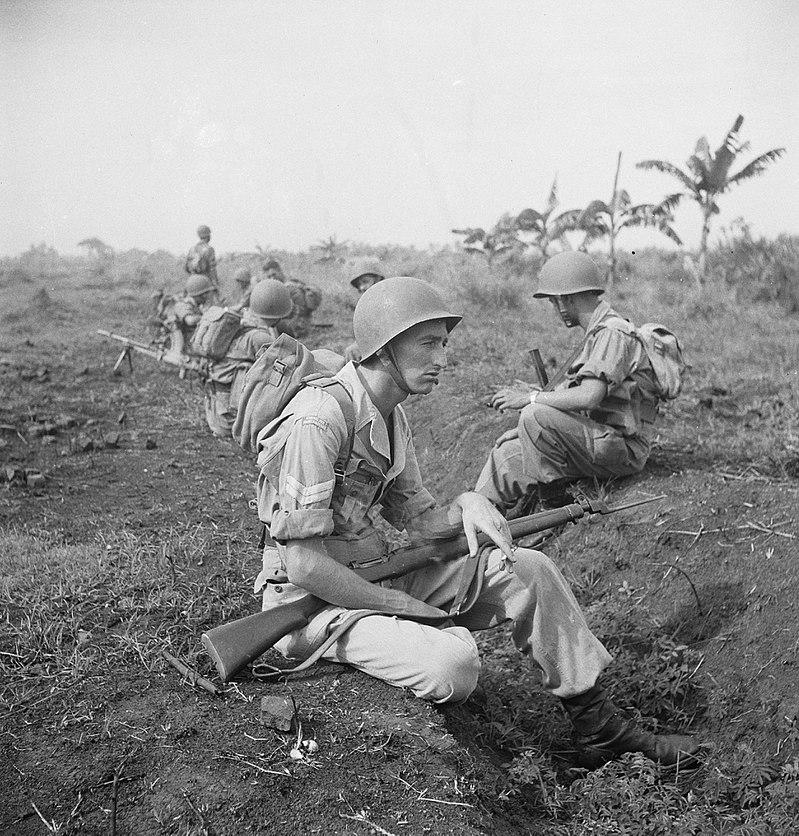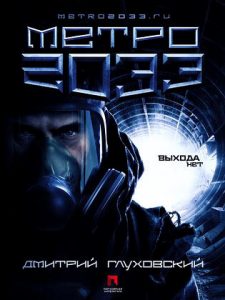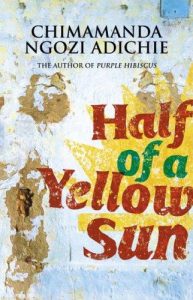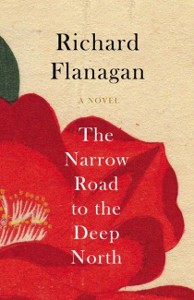One of the last fiction books I read last year was Alfred Birney‘s De Tolk van Java. As far as I know the book has only appeared in Dutch – I am writing this 1 January 2020- but an English translation will be available in a few months and the translation will be The Interpreter of Java. It won the Libris prize for best Dutch novel in 2017 and there are good reasons for that: it has a compelling story, the character description is impeccable, there is a wealth of interesting information on the history and culture of Indonesia and the Indonesian community in the Netherlands and the use of the Dutch language is superb.

The book is about the complex relation between an “Indo”, a half-Indonesian, half-Dutch man, and his children, in particular one of them. Chapters switch from a narrative told by the father and those told by one of his children. The father was born in Java of a Chinese-Indonesian mother and an Indonesian-born Dutchman. Chapters switch from his life during the Japanese occupation of Indonesia to that in the Netherlands, back to Japanese occupation and the war of Independence. Things keep going back and forth between those sections and the traumatic experience his children and wife had with him in the Netherlands.
For me it was also interesting to connect some of the facts and impressions I learnt about the Japanese occupation of Indonesia with those I read four years ago in Richard Flanagan’s The Narrow Road to the Deep North. Styles and characters are different but both books helped me to puzzle together a bit of the history of a region we do not know much about in the Americas or Europe. Both books are fiction but the historical backgrounds they portray seem to be very accurate, as far as I have been able to judge by delving into a few reference sources here and there. There are many layers in De Tolk van Java: racism in both the Netherlands and Indonesia, identity, ethnicity, family violence, love.


